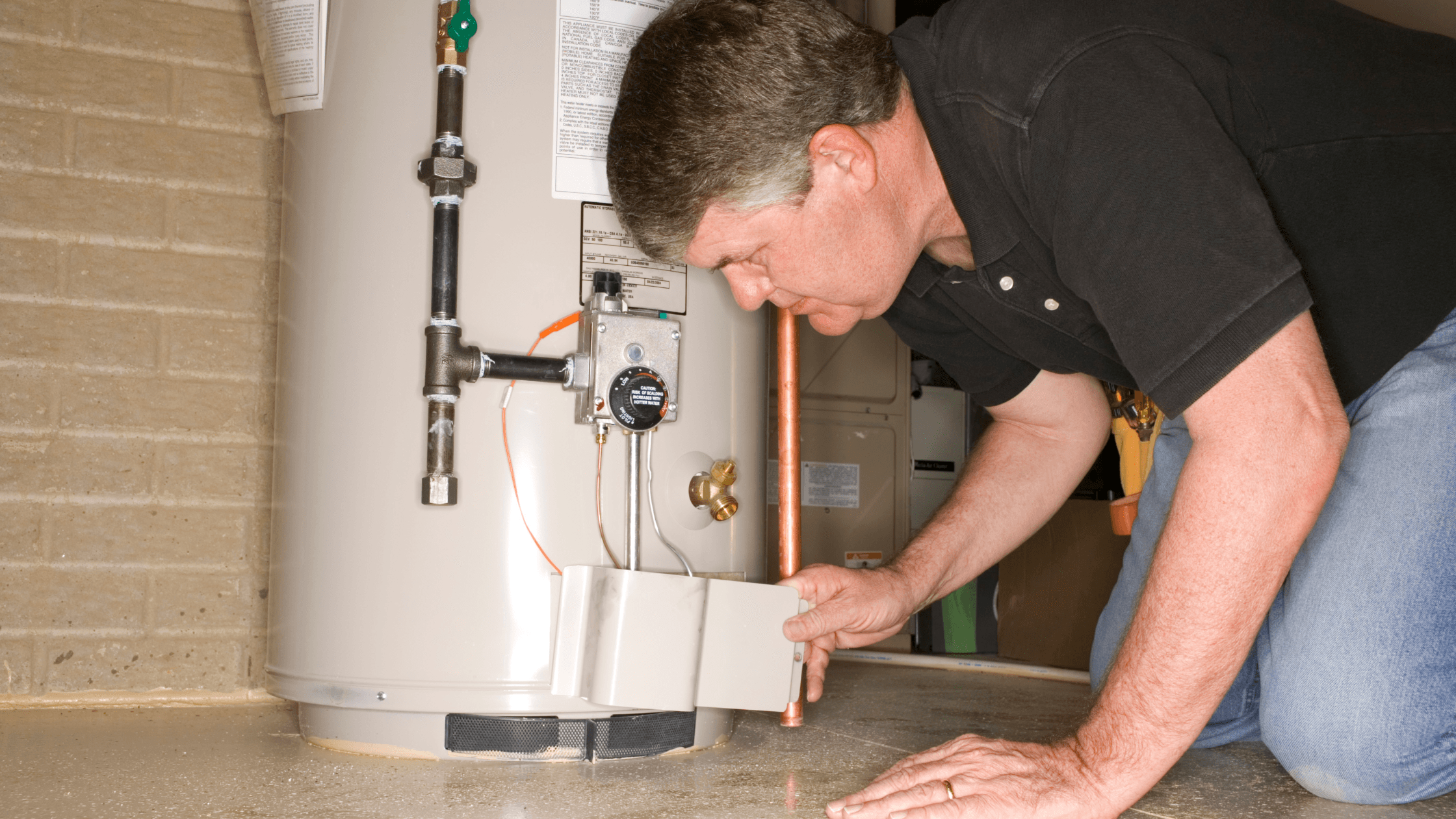Your water heater is the unsung hero of your home. Whether it’s delivering a steamy shower on a cold morning or ensuring you have hot water to wash the dishes after a big family dinner, your water heater works hard behind the scenes. But like any hard-working appliance, it needs a little TLC to keep it running smoothly. Regular water heater maintenance isn’t just about avoiding cold showers; it’s about extending the life of your appliance, saving money on energy bills, and preventing costly repairs. Let’s dive into why regular water heater maintenance is so crucial and how you can keep your unit in top shape.
Extend the Life of Your Water Heater
Water heaters aren’t cheap, so you want yours to last as long as possible. The average water heater lasts between 8 to 12 years, but with proper maintenance, you can stretch that lifespan even further. Regular maintenance, like flushing the tank and checking the anode rod, can prevent corrosion and sediment buildup, which are two of the biggest threats to your water heater’s longevity.
Think of sediment like a blanket of sludge that settles at the bottom of your tank. Over time, this gunk can insulate the heating elements from the water, making them work harder and eventually burn out. Flushing your water heater once a year helps remove this sediment and keeps your heater running efficiently. It’s a simple task that can add years to the life of your water heater.
Improve Energy Efficiency
We all love saving money on our energy bills, right? Well, regular water heater maintenance can help you do just that. When your water heater is clean and well-maintained, it doesn’t have to work as hard to heat your water. This means it uses less energy, which translates to lower utility bills.
Sediment buildup doesn’t just shorten your water heater’s life—it also makes it less efficient. The more sediment in the tank, the harder your water heater has to work to get the water to your desired temperature. By keeping your tank clean and your heating elements in good condition, you’ll enjoy hot water faster and with less energy consumption.
Prevent Unexpected Breakdowns
There’s nothing worse than stepping into the shower, only to be greeted by icy cold water because your water heater decided to quit. Regular maintenance helps you catch potential issues before they turn into full-blown breakdowns. For example, if you notice rusty water or hear strange noises coming from your water heater, it’s time to investigate.
By checking the anode rod—a crucial component that prevents rusting—you can ensure your tank stays in good condition. If the rod is corroded, replacing it is a quick and easy fix that can prevent a major problem down the road. Regular inspections and tune-ups can save you from the inconvenience (and expense) of a water heater failure.
Maintain Consistent Water Temperature
Have you ever noticed your water taking longer to heat up, or not getting as hot as it used to? This could be a sign that your water heater needs some attention. Regular maintenance ensures that your water heater is always performing at its best, providing you with consistent hot water whenever you need it.
A clean tank and well-maintained heating elements mean your water heater can heat water more efficiently, maintaining the temperature you’ve set. If you’ve been noticing fluctuations in your water temperature, it might be time to give your water heater a little TLC.
Ensure Safe Operation
Safety is another important reason to maintain your water heater regularly. A neglected water heater can become a safety hazard, especially if it’s gas-powered. Gas leaks, carbon monoxide buildup, and even explosions are rare but possible risks if a water heater isn’t properly maintained.
Regular inspections can catch gas leaks, faulty pressure relief valves, and other potential hazards before they become dangerous. It’s also a good idea to install a carbon monoxide detector near your water heater, especially if it’s located in an area where gas buildup could go unnoticed.
How to Maintain Your Water Heater
Now that you know why regular water heater maintenance is so important, let’s talk about what you can do to keep your unit in top shape. Here are some simple maintenance tasks that can make a big difference:
- Flush the Tank Annually: Flushing the tank removes sediment buildup and keeps your water heater running efficiently. You can do this yourself by attaching a garden hose to the drain valve and letting the water flow out until it runs clear.
- Check the Anode Rod: The anode rod is a sacrificial rod that attracts corrosion to protect the tank. Over time, it will corrode and need to be replaced. Check it annually and replace it if more than six inches of the core steel wire is exposed.
- Test the Temperature and Pressure Relief Valve: This valve is a crucial safety feature that prevents your water heater from overpressurizing. Lift the lever to test it—if water flows out and stops when you release the lever, it’s working properly. If not, it’s time to replace it.
- Adjust the Thermostat: Keeping your water heater’s thermostat at 120°F is a sweet spot for efficiency and safety. It’s hot enough to prevent bacteria growth but not so hot that it risks scalding or uses excess energy.
- Inspect for Leaks: Regularly check around the base of your water heater for any signs of leaks. Catching a small leak early can prevent water damage and save you from a bigger repair bill.
When to Call a Professional
While many water heater maintenance tasks can be done on your own, there are times when it’s best to call in a professional. If you’re uncomfortable performing any of these tasks, or if you notice persistent issues like discolored water, strange noises, or inconsistent heating, it’s time to call a plumber. They can diagnose the problem, perform more complex maintenance, and ensure your water heater is in good working order.
Final Thoughts: A Little Maintenance Goes a Long Way
Regular water heater maintenance might not be the most glamorous task on your to-do list, but it’s one that can save you time, money, and headaches in the long run. By taking a proactive approach to maintaining your water heater, you’ll enjoy consistent hot water, lower energy bills, and a longer-lasting appliance. So, roll up your sleeves, give your water heater the attention it deserves, and keep those hot showers coming!









